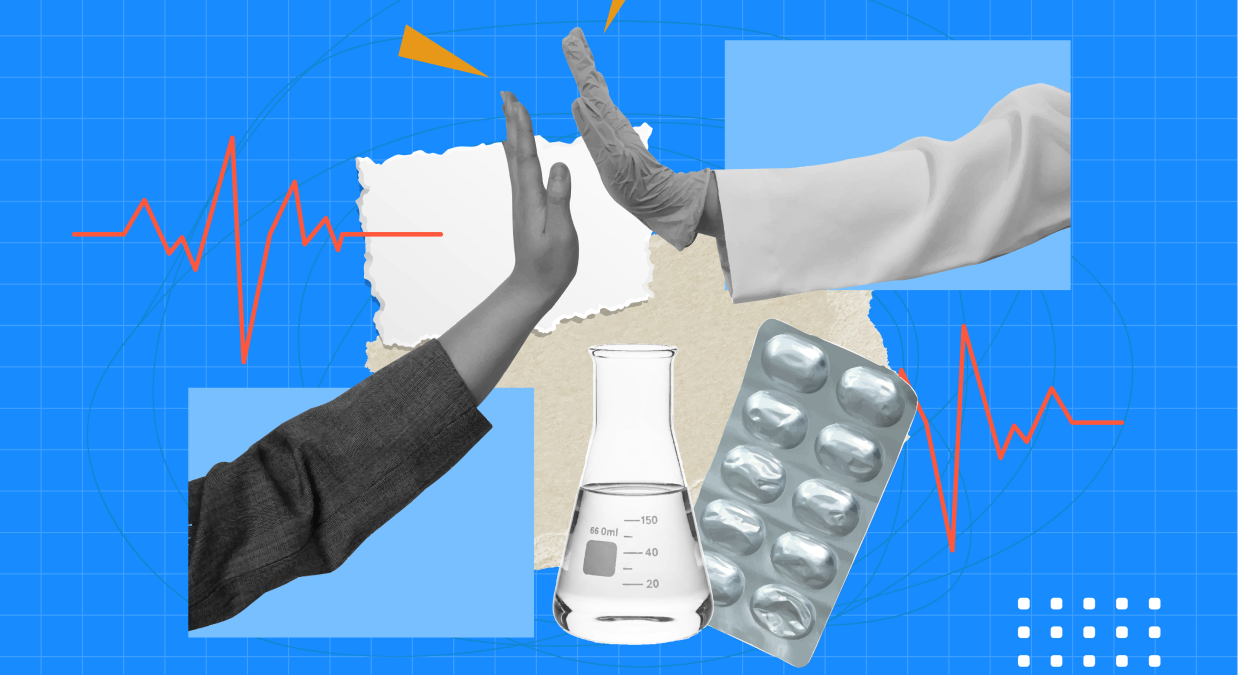by Deepesh Upadhyay
7 minutes
Why Moisture-free Compressed Air is Essential for Pharma Product Purity
Moisture in compressed air risks pharma safety. Desiccant dryers protect product quality and ensure reliable manufacturing.

The purity of pharma products is non-negotiable for the industry, where it upholds the integrity and authenticity of the drugs. This is majorly because substandard medicines account for treatment failures and can even meddle with drug development by triggering adverse reactions in them. Compromising the safety and efficiency of the drugs can increase the risk of morbidity and mortality in a patient.
Moisture is one of the prime factors leading to the manufacturing of substandard pharma products. Most of the time, it is introduced through compressed air, which is a prerequisite in the pharma industry. The air empowers the pneumatic processes that drive the various operations involved in the manufacturing of the medicines. Compressed air finds application in a wide range of operations, including tablet and capsule manufacturing, where it contributes to the right flavor, color, and texture of the tablets. It is much required for maintaining the right balance of ingredients, and its benefits transcend to prevention of any form of contamination in the products at the same time.
The compressed air also regulates the automatic packaging machinery, where it steers the sealing, Capsule Filing Machine, Powder Filing Machine, Blister Pack Machine. Similarly, the Tablet Press Machine and Drying Container employ pressurized air to conduct the vacuum cleaning of the systems.
Therefore, with compressed air being crucial for the pharma industry, it becomes important to ensure the air is of the highest quality to preserve the purity of the products. Here, treatment of compressed air becomes mandatory, as it continuously runs the risk of being contaminated with moisture, which is extremely destructive in nature. It compromises the efficiency of production and even damages the quality of the end products.
Altogether, moisture acts as a major deterrent for the pharma industry, where it causes the degeneration of tablets, accounts for the lumping and caking of powdered materials, decomposes the formulation, and also results in the uneven coating of tablets. Furthermore, it tends to agglomerate the chemical products that give rise to resistance during tablet compression. Cumulatively, everything ultimately leads to a shorter shelf life of drugs, jeopardizing their efficacy in the process.
Moreover, considering the hygroscopic nature of pharma products, they exhibit great affinity for water. Thereby, compressed air laden with humidity comes with the potential to trigger physical, enzymatic, microbiological, and biochemical degradation in the products. The repercussion of moisture also leads to alteration in the color coating of the tablet and also causes blisters in them, resulting in their breakage.
Likewise, at the time of tablet compression, humidity meddles with the binding of the powdered materials and decomposes the drugs to reduce their medicinal value. In addition to this, during tablet coating, it is crucial to cool and dry the tablet at the desired rate. Inability to achieve the suitable condition due to contaminated compressed air leads to a rough and translucent coating of the tablet, which is quite unsatisfactory in appearance.
Moisture is a source of menace that creates an ideal environment for microorganisms to thrive by promoting germination of mold, mildew, fungi, etc. Triggering microbial activities in organic material, humidity decays the material, resulting in substandard medicine. The side effect of moisture is not just limited to pharma products and extends to pneumatic tools and machines as well. It leads to the malfunctioning of the equipment by initiating corrosion in pipelines, cylinders, and other components. On account of this, the pneumatic valves and cylinders function sluggishly and inconsistently, contributing to increased downtime of the machines. The issue is further escalated during cold weather when freezing occurs due to moisture in pipelines and valves. This disrupts the entire production of pharma products, causing huge loss to the company and also incurs unnecessary maintenance cost at the same time.
Therefore, to address the harmful effect of moisture, the pharma industry needs to adopt desiccant dryers with agility. It performs the compressed air treatment to purge it of any impurities, entailing water/moisture, dust particles, oil, and solid contaminants. The dryers are proficient at achieving an atmospheric dew point of (-) 40°C & max up to (-) 70°C that maintains the dry state of the air for pharma applications.
Moreover, the integration of the purge optimizer into the dryer bodes well for minimizing the standard purge losses. Simultaneously, the Dew Point Depending Systems (DPDS) contribute to energy savings where they prevent purge losses for variable load capacities.
Delving deep into the mechanism, the desiccant dryers work on the principle of heatless regeneration, where the physical properties of the desiccant perform the adsorption and desorption of water vapour. It employs the pressure swing principle/purge air to drive the generation of the desiccant bed.
Considering the rising competition in the market and volatile nature of the sector internationally, it is vital to ensure the manufacturing of the highest quality medicines. With moisture causing disruption in the industry, it is only wise to deploy compressed air dryers across the manufacturing, processing, and packaging of the pharma products.




